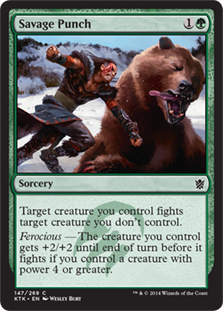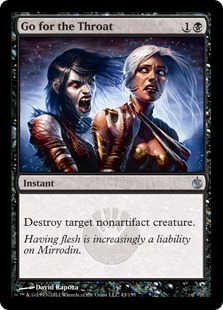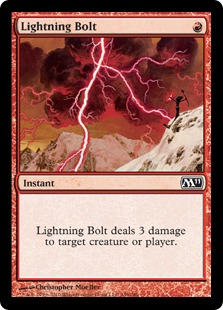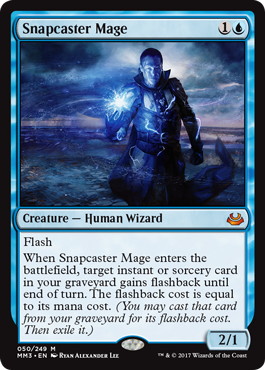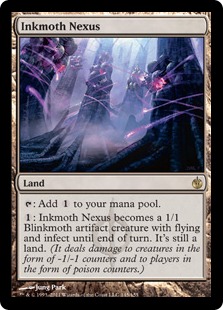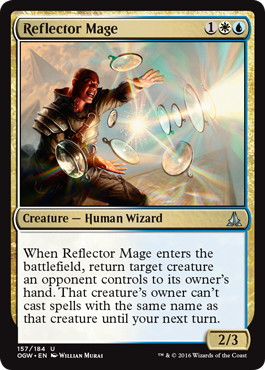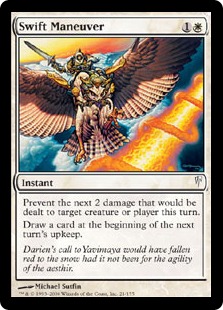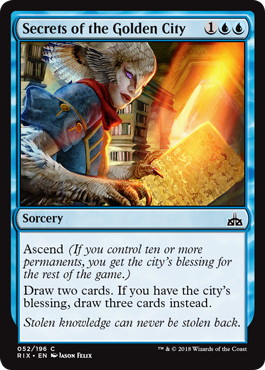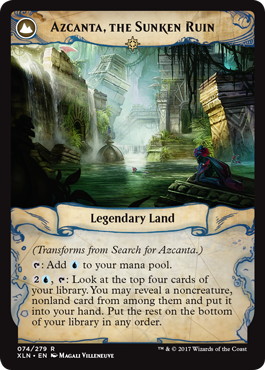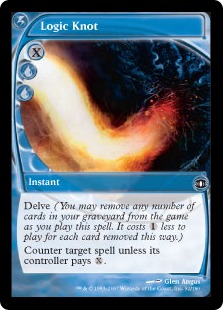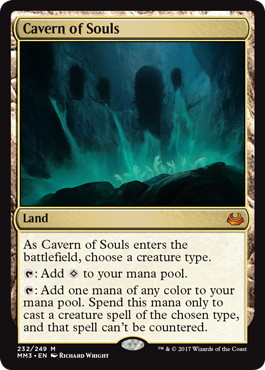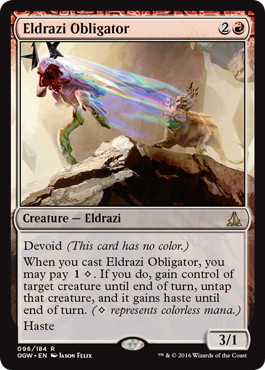On August 7, 2010, Anderson Silva entered the UFC (Ultimate Fighting Championship) octagon as the defending middle-weight champion. He was a legend of the sport, considered by many to be the best pound-for-pound fighter in the world. Some even called him the greatest mixed martial artist of all time. He was also holding the longest win streak in UFC’s history – which probably had something to do with the fact that he had yet to lose a single fight. His opponent, Chael Sonnen, was more known for his trash-talking prowess than skills inside the octagon.

Pretty much everyone except Sonnen’s mother expected to see yet another one-sided demonstration of Silva’s dominance, and the betting odds were heavily in his favor. But as the match started, he quickly found himself in a situation he hadn’t been in before:
He was getting his ass kicked.
He wasn’t just a little bit behind, he was getting crushed. The American took him down to the ground seemingly effortlessly and delivered more significant strikes than all of his previous opponents combined. Let that sink in for a moment. More strikes than all of his previous opponents combined.
During the first four rounds, Silva basically acted as a punching bag for a 185-pound killing machine who had devoted his life to the art of smashing people. Sonnen may have been more famous for his trash-talking skills, but he still knew how to hit as well. You don’t get to be the challenger in a title fight by giving little slaps on the cheek, you get there by knocking people out.
The fifth and final round started like every other one before it: Sonnen took Silva to the ground and started bashing. At this point, most people’s minds would have been focused on simply trying to stay alive and protecting themselves from the incoming blows. But Anderson Silva wasn’t like most people. He didn’t just want to stem the bleeding, he still wanted to win.
With around two minutes left on the clock, as he was on his back like he had been for most of the match, he managed to slip his leg over Sonnen’s shoulder and got a triangle choke on his opponent. When the American tried to get out from the lock, Silva switched to a triangle armbar and forced Sonnen to concede. In the course of about twenty seconds, the match had completely turned around and Silva once more rose from the ground as the champion. In this fight, as in many other cases, offense was the best defense.
Turning the Corner
One of the remarkable feats of Silva’s victory is that after spending most of the match defending, he didn’t get locked into that mindset. I have seen matches of Magic where a player 《Lightning Bolt》ed their opponent’s creature while the opponent himself was on three or less life! Having been in the defensive mindset for too long, they were simply focused on not dying instead of trying to win. This is obviously an extreme case and you’re probably thinking that “that would never happen to me”. But there are more subtle variations of this and knowing when and how to be aggressive is a hard skill to master.
With some decks turning the tide is more important than with others. A deck like Jeskai in Modern is the perfect example of this. Usually in the early game you use 《Lightning Bolt》 and 《Lightning Helix》 to keep the opponent’s creatures in check. Then, at some point, you use the same cards to close the game. At the end of their turn you go 《Bolt》–《Snapcaster》–《Bolt》 and finish them off with an attack from a 《Celestial Colonnade》. Sometimes a reckless attack or something as small as them paying life for an untapped dual land is all you need to be able to go from defense to offense.
With a deck like Jeskai you’re always going to be looking for those opportunities so you’re less likely to miss them. But sometimes you’re not expecting to be aggressive. Sometimes the line between the aggressor and the defender is blurry. Sometimes you know you should be on the offense, but it’s hard to find the balance between putting on enough pressure without risking too much.
Why Choose When You Can Be Both
One of the most famous articles in Magic’s history, called “Who’s the Beatdown?”, states that “misassignment of role = game loss”. It’s about trying to identify whether you should be the aggressive party or the controlling party in the game. However, I don’t think things are as black-and-white. Players are often both at the same time to varying degrees.
In round 5 of Pro Tour Rivals of Ixalan, Hareruya Hopes Makis Matsoukas (Affinity) and Hareruya Pros Javier Dominguez (5C Human) faced off in the feature match area. You can see the match here:
Javier has a faster start in game one and gets to bounce Makis’s 《Steel Overseer》 twice, first with a 《Reflector Mage》 and then a 《Phantasmal Image》 copying the 《Reflector Mage》. After the second bounce I would say Makis is quite clearly on the back foot. And still, at around 9:30 in the video, Makis animates his 《Inkmoth Nexus》 and attacks for 1 poison. Some players in the same spot would’ve stayed back with the 《Nexus》 in order to have better blocks on Javier’s turn. But this is a great example of a player understanding that he should be on both offense and defense at the same time.
A bit later, at around 12:45, Javier attacks with his creatures and Makis has both of his 《Nexuses》 untapped. Here, instead of preserving his life total and getting “better” blocks, Makis preserves his 《Nexuses》 and goes down to 1 life. He knows that those lands are more valuable as attackers, even though his position is more defensive than aggressive.
After a few more turns, at 17:40, Makis deals the final strike by attacking for exactly lethal with a 4/4 and a 5/5 《Nexus》. That 1 infect damage he dealt many turns earlier paid off, as he was able to kill Dominguez a whole turn sooner. That extra turn could’ve easily meant a topdecked 《Mantis Rider》 or 《Reflector Mage》 and cost him the game.
A lot of this boils down to having a plan. In the Matsoukas vs Dominguez match, it is clear from the early phases of the game that Matsoukas sees the 《Nexuses》 as his plan to victory and plays accordingly. Likewise, Silva’s feat of remembering to look for offensive opportunities must have been obvious to him. At the start of round 5 it was clear that Sonnen had won all the previous ones, so there was no way that Silva could win on points. Thus, no matter how well he fights in the last round, he can only win the match with a knockout or a submission. He knew what he needed to do.
There are two lessons here. First, when you’re in a defensive position, remember that the goal is to eventually win, not just stay alive longer. What needs to happen for you to win the game? Is there a way to advance that plan while setting up your defenses at the same time? Forget the roles – you don’t have to be one or the other, you can be both at the same time.
Second, cards often have different values on offense and defense. Do you have cards like that? Does the opponent? Is it more useful to attack with one of your creatures than leave it back as the fourth blocker?
Closing out the game
Now let’s say that you have stabilised and it’s time to switch gears and start attacking. A very common mistake in situations like this is not closing out the game fast enough. The fact that you have navigated yourself to an advantageous position does not mean that things will stay that way.
You ask yourself “How can I still lose?” and the answer is probably something like “Maybe if I don’t leave back enough blockers I can lose to a haste creature or a burn spell” so you leave an extra blocker back and decrease your own clock without realising that playing around those things comes at a cost: you give them time. Raise your hand if you’ve ever heard something like this: “I basically had the game locked up but then he drew exactly card X into card Y and I drew only lands and lost. There was nothing I could do. I mean what are the odds of that happening?! It’s like three times out of a thousand! So lucky.”
The way our brain works is that we’re pretty good at figuring out if there’s a specific card that we lose to. But combinations of cards? They’re not really built for that. The amount of possible combinations grows rapidly so large that our brains simply lack the processing power required to handle that data. The thing I hate the most about the above quote is that “he needed exactly card X into card Y” is almost always a lie. There are probably a lot more things that could have gone wrong than just the one that did. And sure, maybe all of them by themselves are very unlikely to happen, but the odds of one of them happening is much higher than you’d think. It’s kinda like the lottery: if you buy a ticket, it’s very unlikely that you win, but there’s a pretty good chance that someone wins. Which reminds me of a fantastic quote in one of Terry Pratchett’s books:
“Scientists have calculated that the chances of something so patently absurd actually existing are millions to one. But magicians have calculated that million-to-one chances crop up nine times out of ten.”
The more turns you give them, the higher the chance that something you can’t think of goes wrong. Maybe you draw a lot of lands. Maybe you don’t draw any lands. Maybe you draw only counterspells but no pressure. Maybe you draw only creatures but no way to interact with their combo. Maybe they draw a bomb. Maybe they draw 《Secrets of the Golden City》 into three business spells. There’s a million different maybes.
I was recently watching a match of Modern where a Grixis Control player had the game “locked up” as he had some spells in hand, a 《Snapcaster Mage》 in play and a flipped 《Search for Azcanta》. For a couple turns in a row he chose to take a backup 《Logic Knot》 over a 《Lightning Bolt》 from 《Azcanta, the Sunken Ruin》, just to play it safe.
There was just a small problem: his opponent was playing RG Eldrazi, a deck with both 《Cavern of Souls》 and 《Eldrazi Obligator》, neither of which care about counterspells. The Eldrazi player’s body language even gave away that he had a 《Cavern》 in hand – the way he drew his cards for the turn was the precise combination of knowing that he still has outs and frustration of not drawing them that only a man with a 《Cavern》 in hand could have.
I could almost hear him shouting “Where the f*** are my 《Reality Smashers》” in his mind. But the Grixis player had no clue what was going on and kept choosing 《Logic Knot》 over 《Bolt》. He proceeded to win the game anyway, as he drew a 《Tasigur》 to close it out. But in trying to play as safe as possible, the Grixis guy gave his opponent more time to draw a 《Reality Smasher》 or an 《Obligator》, never knowing how close he was to dying.
Now you’re probably thinking, again, that this wouldn’t happen to you. You would know that the RG deck had 《Caverns》 in it. But are you sure about that? What if they play a deck you haven’t faced before? What if they are playing some techy cards that aren’t in the stock lists? What if you’re playing limited?
Haven’t you ever thought “I don’t think I can lose this game” and then lost the game anyway? I know I have.
I’m not saying that you should attack recklessly, or always go for the kill as soon as possible, or not play around specific cards that come to your mind. The Silva vs Sonnen match is also a great example of offense being a terrible defense, if you look at it from Sonnen’s perspective instead of Silva’s. Just remember that there’s a real cost in giving them more time, and that your brain is not very well equipped to evaluating the risks involved.
Matti
Recommended Items
A Finnish player who won WMCQ and top 8’d in 2016 World Magic Cup as Finland representative.
Finished 28th in Pro Tour Aether Revolt, and missed narrowly one point shy of Gold level in 2016-17 season. Joins Hareruya Hopes in 2017-18 season and will play 2017 WMC as a team captain of Finland.


